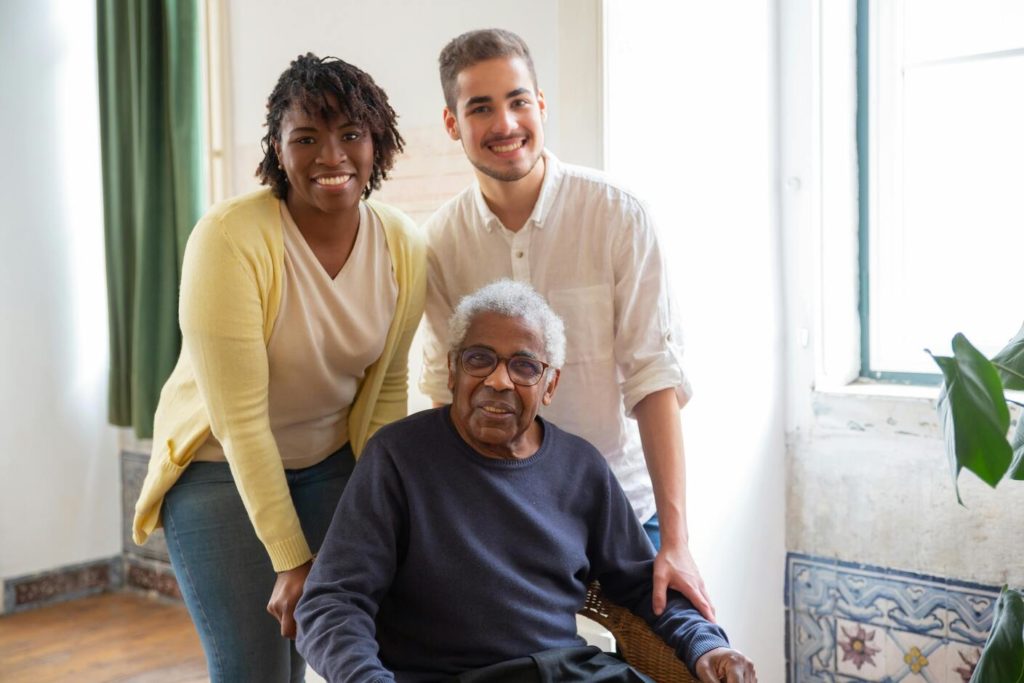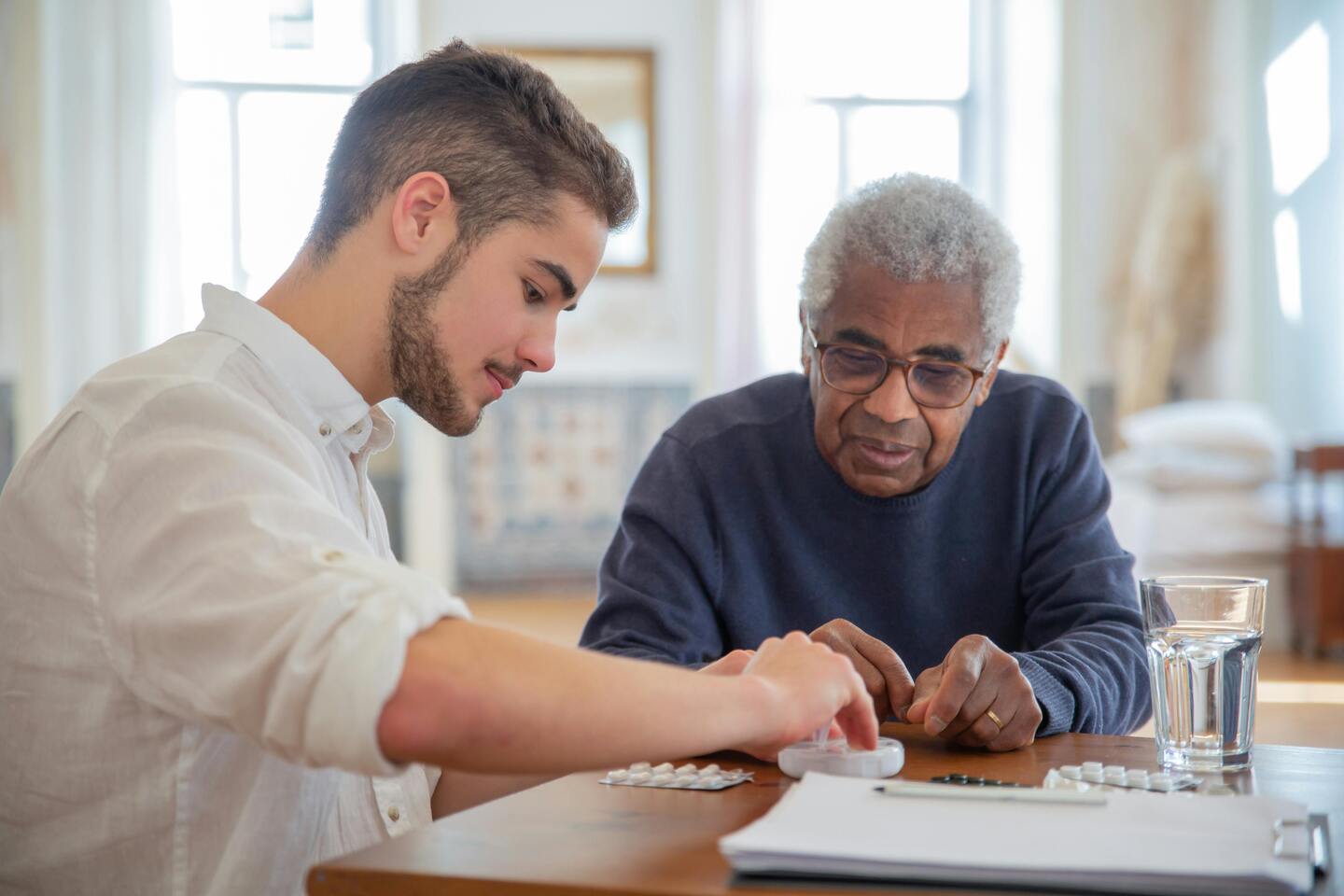Caregivers stand as unsung heroes, tirelessly supporting those who need it most. Whether caring for children with special needs, aging parents, or partners facing illness, caregivers often find themselves navigating a complex landscape of emotions, responsibilities, and challenges. However, in the pursuit of providing the best care possible, many caregivers neglect their own well-being. This article explores the vital importance of self-care for caregivers and provides practical strategies for maintaining personal health while supporting others.
The Unique Challenges of Caregiving
Caregiving, while rewarding, comes with its own set of unique challenges that can take a toll on one’s physical, emotional, and mental health. These challenges include:
- Physical Demands: Caregiving often involves physically demanding tasks such as lifting, assisting with mobility, or providing hands-on care, which can lead to exhaustion and potential injury.
- Emotional Strain: Watching a loved one struggle with illness or decline can be emotionally draining, often leading to feelings of grief, anxiety, and depression.
- Time Constraints: Balancing caregiving responsibilities with work, family, and personal life can leave little time for self-care or relaxation.
- Financial Stress: The costs associated with caregiving, including medical expenses and potential loss of income, can create significant financial pressure.
- Social Isolation: The demands of caregiving can lead to reduced social interactions and a sense of isolation from friends and community.
- Decision Fatigue: Caregivers often face complex medical, financial, and logistical decisions, which can be mentally exhausting.
Understanding these challenges is the first step in recognizing the critical need for self-care among caregivers.
Recognizing Caregiver Burnout
Caregiver burnout is a state of physical, emotional, and mental exhaustion that can occur when caregivers don’t get the help they need or try to do more than they’re able. Recognizing the signs of burnout is crucial for maintaining both the caregiver’s health and the quality of care provided. Some common signs include:
- Feeling overwhelmed or constantly worried
- Feeling tired often
- Getting too much sleep or not enough sleep
- Gaining or losing weight
- Becoming easily irritated or angry
- Losing interest in activities you used to enjoy
- Feeling sad
- Having frequent headaches, bodily pain, or other physical problems
- Abusing alcohol or drugs, including prescription medications
If you recognize these signs in yourself or another caregiver, it’s important to take action and prioritize self-care.
Strategies for Finding Time for Self-Care
One of the biggest challenges for caregivers is finding time for self-care amidst demanding responsibilities. Here are some strategies to help incorporate self-care into a busy caregiving schedule:
- Micro-moments of Self-Care: Look for small pockets of time throughout the day for brief self-care activities. This could be a 5-minute meditation, a quick walk around the block, or simply taking a few deep breaths.
- Schedule Self-Care: Treat self-care as you would any other important appointment. Block out time in your calendar for activities that rejuvenate you.
- Combine Activities: Look for ways to combine caregiving duties with self-care. For example, if you enjoy audiobooks, listen to one while preparing meals or during commutes to medical appointments.
- Prioritize Sleep: Good sleep is foundational to overall health. Create a restful sleep environment and stick to a consistent sleep schedule as much as possible.
- Use Respite Care: Take advantage of respite care services to give yourself a break. This could be a few hours a week or occasional longer periods.
- Embrace Efficiency: Use time-saving strategies for routine tasks to free up more time for self-care. This might include meal prepping, using grocery delivery services, or automating bill payments.
Remember, self-care doesn’t have to be time-consuming or elaborate. Even small, consistent acts of self-care can make a significant difference in your overall well-being.
The Importance of Asking for and Accepting Help
Many caregivers struggle with asking for help, often due to feelings of guilt, a sense of duty, or the belief that no one else can provide care as well as they can. However, accepting help is not a sign of weakness or failure—it’s a necessary part of sustainable caregiving. Here are some tips for asking for and accepting help:
- Be Specific: When asking for help, be clear about what you need. Instead of saying “I need help,” try “Could you stay with Mom for two hours on Saturday afternoon?”
- Create a Support Network: Identify friends, family members, neighbors, or community members who might be willing to help. Don’t hesitate to reach out to them.
- Use Technology: There are many apps and online tools designed to help coordinate care and support among multiple people. These can make it easier to organize help and communicate needs.
- Accept Offers of Help: When someone offers to help, try to accept even if it’s not exactly what you had in mind. People often want to help but don’t know how.
- Consider Professional Help: Look into hiring professional caregivers, even if only for a few hours a week, to give yourself a break.
Remember, accepting help allows you to be a better, more rested caregiver in the long run.
Resources and Support Systems for Caregivers
Fortunately, there are numerous resources and support systems available for caregivers. These can provide emotional support, practical assistance, and valuable information:
- Support Groups: Both in-person and online support groups can provide a space to share experiences, get advice, and feel understood.
- Caregiver Training Programs: Many hospitals and community organizations offer training programs to help caregivers develop necessary skills and confidence.
- Respite Care Services: These services provide temporary relief for primary caregivers, ranging from a few hours of in-home care to short-term stays in care facilities.
- Employee Assistance Programs (EAPs): If you’re employed, check if your company offers an EAP, which often includes counseling and referral services.
- National Organizations: Organizations like the Family Caregiver Alliance, the National Alliance for Caregiving, and disease-specific organizations often offer resources, helplines, and educational materials.
- Local Area Agencies on Aging: These agencies can connect caregivers with local resources and services.
- Online Resources: Websites like Caregiver.org and AARP’s Caregiver Resource Center offer a wealth of information and tools for caregivers.
Don’t hesitate to explore these resources—they exist to support you in your caregiving journey.
How Self-Care Makes You a More Effective Caregiver
It’s crucial to understand that self-care isn’t selfish—it’s necessary. By prioritizing your own well-being, you become a more effective caregiver in several ways:
- Increased Patience: When you’re well-rested and less stressed, you’re more likely to respond to challenges with patience and understanding.
- Better Decision Making: Self-care helps maintain mental clarity, allowing you to make better decisions regarding your loved one’s care.
- Improved Physical Health: Taking care of your own health means you’re less likely to become ill or injured, ensuring more consistent care for your loved one.
- Emotional Resilience: Regular self-care builds emotional resilience, helping you cope better with the ups and downs of caregiving.
- Role Modeling: By practicing self-care, you model healthy behaviors for your loved one and other family members.
- Sustainable Care: Self-care prevents burnout, allowing you to provide care for a longer period without compromising your own health.
ICW Says:
Caregiving is a profound act of love and dedication, but it shouldn’t come at the cost of your own well-being. By recognizing the unique challenges of caregiving, being aware of the signs of burnout, implementing strategies for self-care, seeking help when needed, and utilizing available resources, caregivers can maintain their health while providing the best possible care for their loved ones.
Remember, self-care isn’t selfish—it’s an essential component of effective caregiving. By taking care of yourself, you’re ensuring that you can continue to care for others with compassion, patience, and strength. So, take that break, join that support group, or simply take a moment to breathe. Your health matters, and by extension, it matters to those you care for. In the journey of caregiving, let self-care be your constant companion.
You may also like
-
Jacqueline Carson on The Mind-Body Connection: How Your Thoughts Shape Your Health
-
Coffee with the Universe: Creating a Sacred Daily Practice
-
Aliesha Embleton on Building Resilience and Self-Care: A Lifelong Foundation for Growth
-
Dr Stacey Anwin on Writing for Self-Care
-
ADHD-Friendly Self-Care Practices: How to Prioritise Your Mental, Emotional, and Physical Wellbeing


